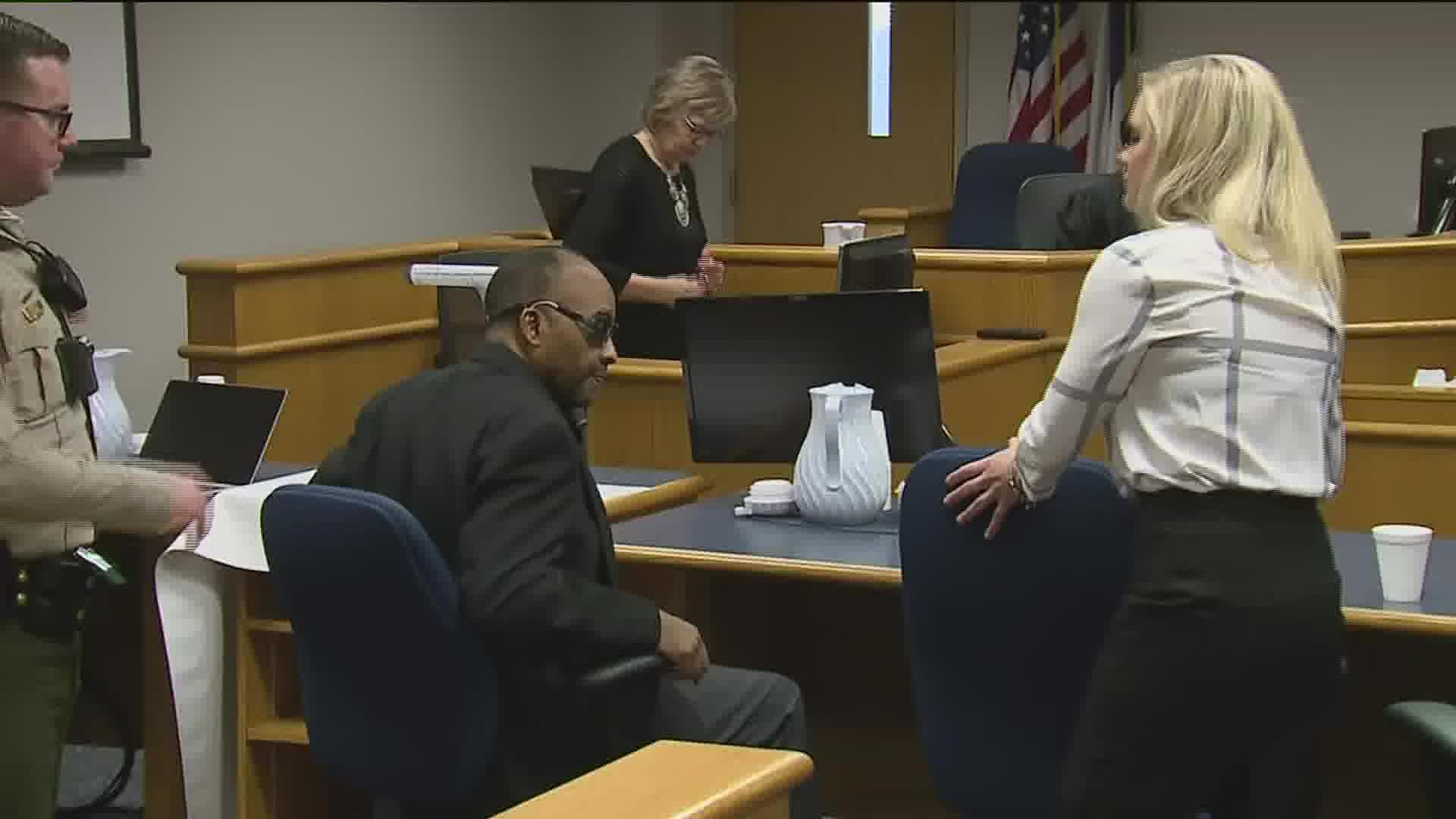DES MOINES, Iowa — The man convicted of murdering a 9-year-old Rock Island girl in 1990 lost his appeal for a new jury trial or dismissal of his sentence Thursday, June 30.
According to an Iowa Supreme Court decision published Thursday, Stanley Liggins and his legal team alleged prejudice and due process violations in his 2019 murder trial.
The Iowa Supreme Court on Thursday upheld Liggins' 2019 conviction.
During that trial, his fourth retrial in the same case, Liggins was found guilty of first-degree murder and sentenced to life without parole for the death of Jennifer Lewis. Her body was found near a Davenport elementary school in a garbage bag that had been set on fire.
Liggins was convicted of the crime twice before 2019; first in a 1993 trial in Scott County and a 1995 trial in Dubuque County. Both convictions were overturned. A third trial took place in September 2018, but the jury was unable to reach a verdict.
The following were Liggins' reasons for appeal of the 2019 conviction and the Supreme Court's response to the claims:
- Juror misconduct: Improper disclosure to the jury that there had been a prior hung jury would not have been a shock, the court said. The fact a prior jury was hung is not the kind of inflammatory disclosure with a strong likelihood to cause prejudice.
- Testimony of a deceased witness without opportunity for cross-examination: The court argued Liggins had an adequate opportunity to cross-examine the witness' testimony at prior trials, and the court did not err in admitting the testimony from previous trials.
- Admission of unreliable testimony: Liggins had the opportunity to cross-examine, and it's for the jury to decide if the testimony is reliable, the court said.
- Erroneous exclusion of hearsay statements: The district court did not err in rejecting the evidence, the court said, because it strains credulity for a witness to remember a one-time conversation 30 years ago.
- Violation of due process because the trial occurred more than 30 years after the events: The court said it found Liggins' accusations of prejudice in the trial to be "insubstantial" and the court cited the 1971 court case United States v. Marion: "Vague assertions of lost witnesses, faded memories, or misplaced documents are insufficient to establish a due process violation from pre-indictment delay."
Find the Iowa Supreme Court's full decision below:

